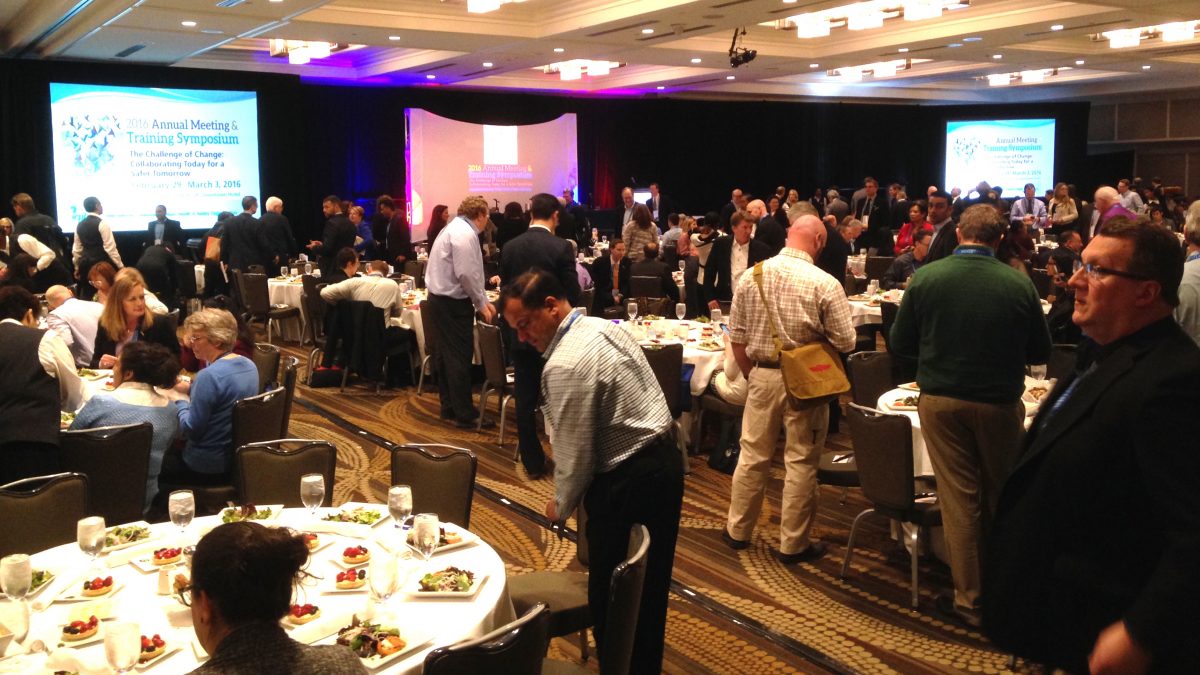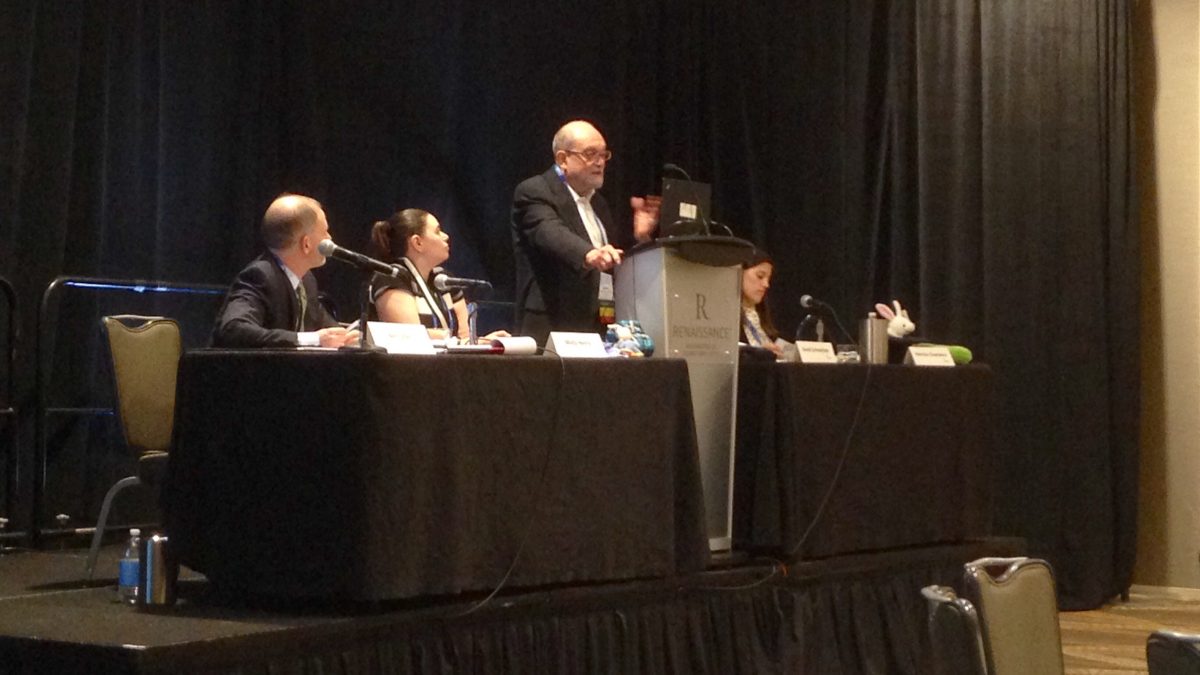Small and micro businesses have always been on the tail end of the product safety conversations taking place within government, regulators, and large industry associations. This was evident when the CPSIA (Consumer Product Safety Improvement Act) passed through congress and was signed into law in 2008. Most of us involved in either manufacturing or selling children’s products on a small scale were blindsided. There was simply no mechanism for the conversations on Capital Hill regarding pending legislation to make their way to the 10s of thousands of small and micro businesses affected. Of course we ended up with CPSC rules and regulations that treated a small etsy.com seller equivalent to a huge multinational corporation.
Over many years and through the efforts of several affected businesses, the very inefficient process of changing existing legislation gave partial relief for small batch manufacturers of children’s products. The lack of an inclusive mechanism to spread the conversations forced small and micro businesses into a reactionary position while large business were in a proactive position. The CPSIA legislation includes a provision that allows a business to operate its own testing laboratory rather than being forced to use a third party lab.
This week I have the privilege of attending the ICPHSO (International Consumer Product Health and Safety Organization) 2016 Training Symposium : The Challenge of Change : Collaborating Today for a Safer Tomorrow in Washington DC. It seems that any large company or organization with a connection to consumer products is here. Product safety conversations are evident everywhere in the foreground and the background. Curiously, the tension between regulators / manufacturers / consumer groups / government / retailers / testing labs seems to melt away like the butter on my toast at the breakfast. Collaborating for a safer tomorrow appears to be happening here.

But are small and micro businesses represented and included in these conversations? Only to the extent they are able to; pay the fees to attend and travel, find relevant sessions and subjects, inject themselves when the opportunity arises. To ICPHSO’s credit, there is a scholarship program that helps under-represented groups over the first hurdle. But as you would expect, a majority of the four day program is geared towards large businesses with just a few notable exceptions.

In October 2010, the CPSC took an extraordinary step and created the office of the Small Business Ombudsman after a flood of requests from small and micro businesses for help with compliance to the CPSIA regulation. This office remains a primary space for conversations on product safety and compliance. The corresponding CPSC Small Business website is certainly one of the best sources of information and their new regulatory robot is a blessing for those unwilling to read thousands of pages of Federal Register to determine what requirements apply. The CPSC is to be commended for putting into place the office of the Small Business Ombudsman which exists solely to engage small and micro businesses in the conversation.
Two other excellent sources for micro businesses looking for guidance are; the Keeping Up with the CPSIA Team at etsy.com, and the CD Compliance group on Facebook. Both are very active and the conversations are helpful and relevant. In addition, the past forum conversations are searchable.
Dictated by their size and limited resources, small and micro businesses are nearly always forced into a reactive position when it comes to government and regulatory issues. Participating in the conversations is usually out of reach. But there are some options to at least stay connected and source the information required to become or stay compliant in a highly regulated children’s products marketplace.
